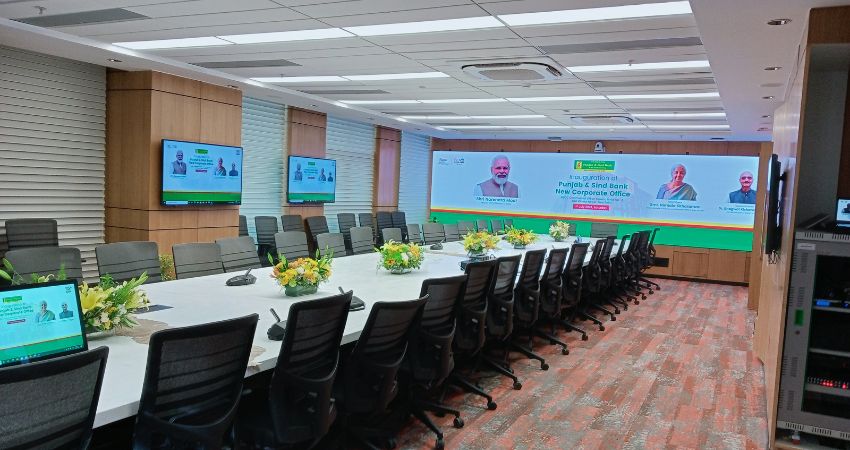As cities around the world face rapid population growth, environmental challenges, and increasing demands on resources, the need for sustainable, resilient urban infrastructure has never been more critical. Smart infrastructure is the key to building future-proof cities that can adapt to change, reduce environmental impact, and improve residents’ quality of life.
At its core, smart infrastructure integrates advanced technologies and data-driven solutions into essential urban systems like energy, water, transportation, and waste management. These systems, enhanced by IoT (Internet of Things) devices, artificial intelligence, and real-time data analytics, create a responsive network capable of optimizing resources and streamlining operations. This means less energy consumption, minimized water waste, reduced traffic congestion, and better management of essential services, all of which contribute to a cleaner, more sustainable environment.
One significant benefit of smart infrastructure is improved resilience to climate change and natural disasters. By using data to predict and respond to events like floods, heat waves, and power outages, smart systems help cities prepare for and mitigate the impact of these threats. For example, smart grids can balance power loads to prevent outages during peak usage times, while water management systems can adjust usage based on weather patterns to reduce water waste.
Moreover, smart infrastructure supports economic growth by fostering innovation and creating job opportunities in technology and sustainable practices. Cities that invest in smart infrastructure attract businesses, residents, and tourists who value efficient, well-managed urban spaces.
Labotek is at the forefront of building such infrastructure, creating solutions that make cities not only functional but forward-thinking. By incorporating renewable energy systems, data center solutions, and integrated facility management, Labotek’s approach ensures that cities are equipped to face the future with flexibility and reliability.
Ultimately, smart infrastructure isn’t just about technology; it’s about creating livable, adaptable cities that prioritize people and the planet. With smart infrastructure, cities can become safer, greener, and more resilient, setting the foundation for a sustainable future.

